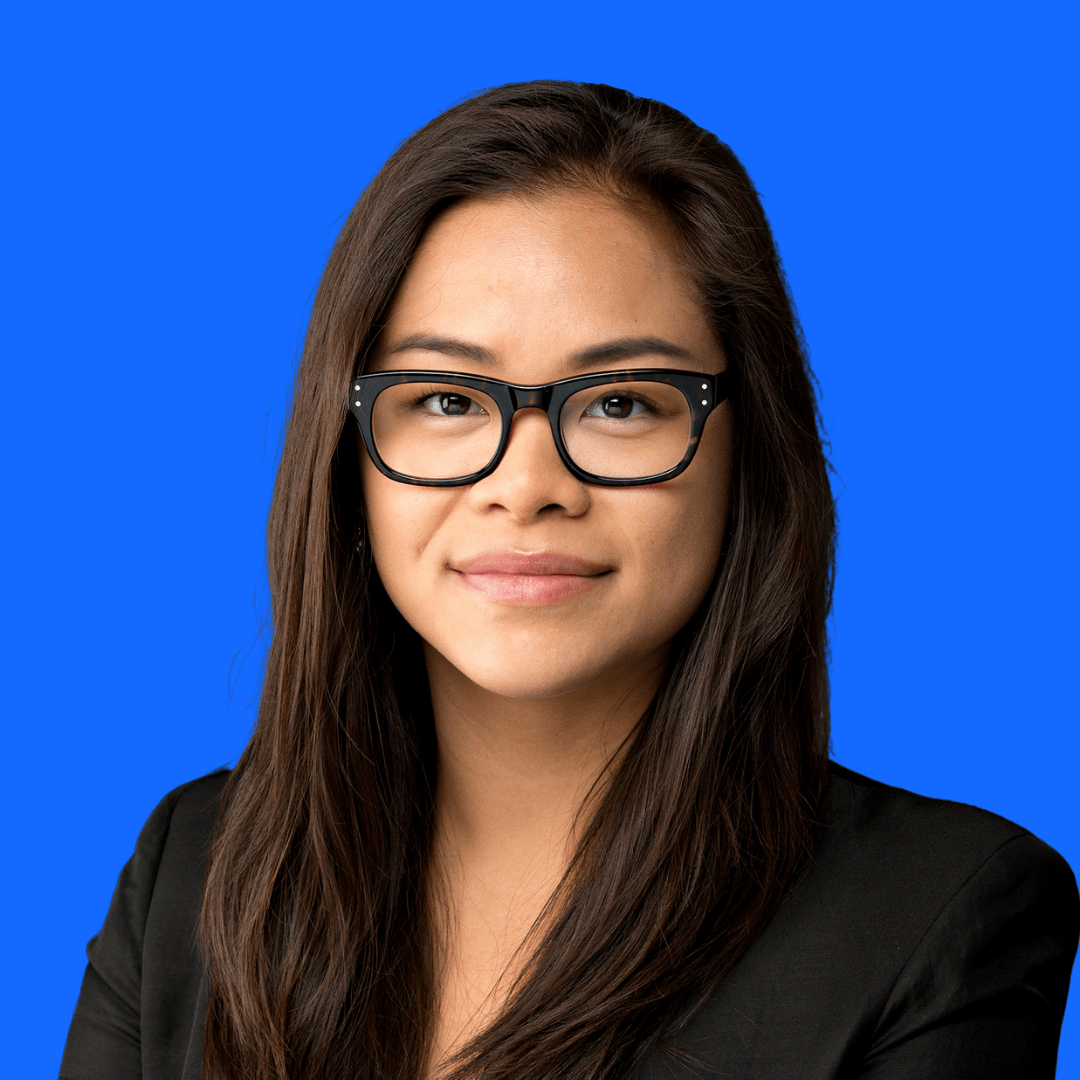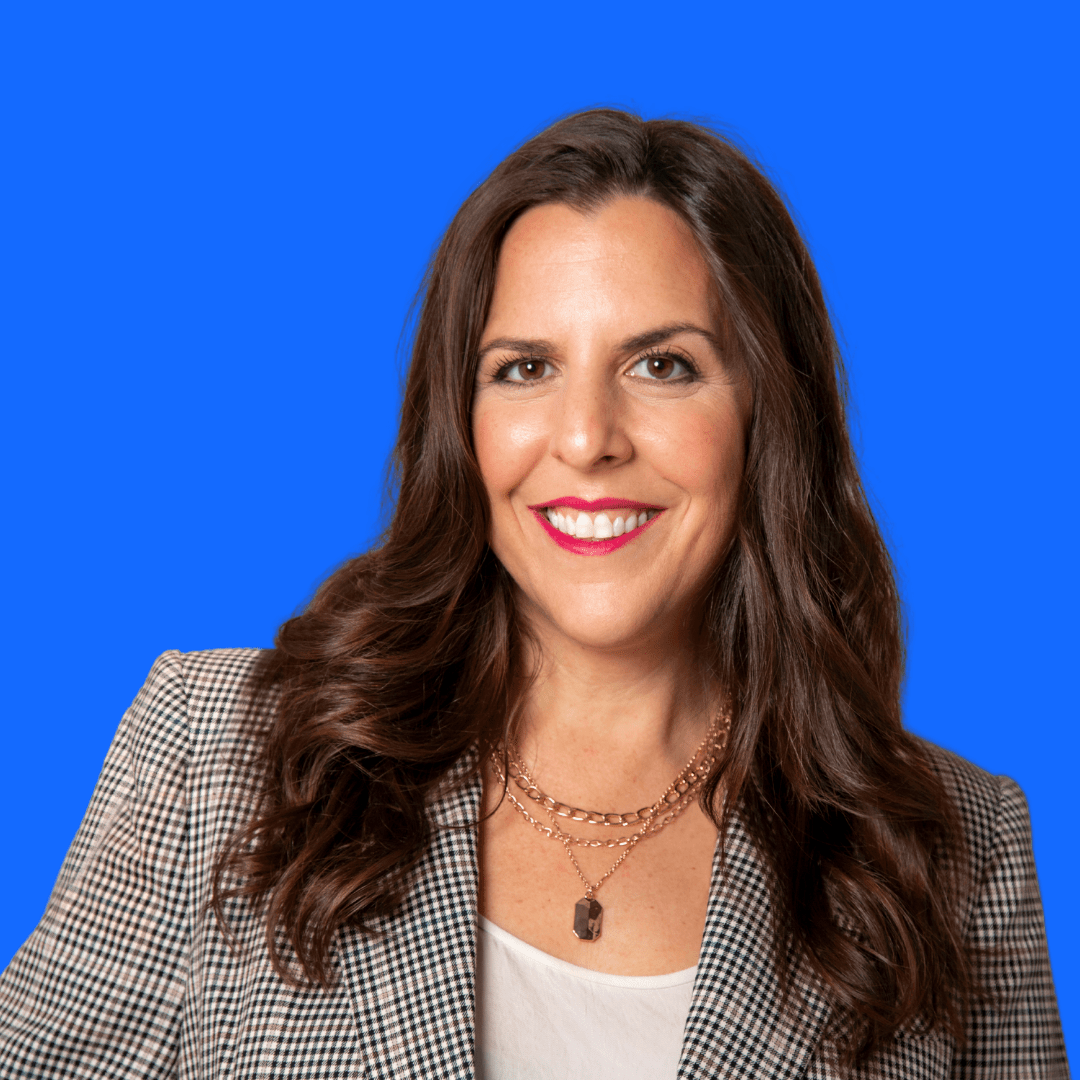The Crunchbase “Female Founder Series,” is a series of stories, Q&As, and thought-leadership pieces from glass-ceiling-smashers who overcame the odds, raised funding, and are now leading successful companies.
Anna de Paula Hanika, CEO and Co-Founder of Uno Health, is bridging a staggering gap in the healthcare industry.
In her past role as a healthcare startup executive, she witnessed firsthand the effects of income on health outcomes and became determined to make healthcare more affordable to low-income patients. To do so, Uno Health provides tech-enabled services to Medicare organizations that unlocks untapped revenue and downstream savings by matching and delivering non-clinical services to low-income seniors. Her company also leverages technology to enroll seniors in all the existing low-income programs they’re eligible for, putting thousands of dollars in the pockets of the most vulnerable people in the country.
We asked Anna about her groundbreaking work at the intersection of technology and patient care, the challenges she’s overcome in uniquely positioning her company, and the lessons she’s learned along the way.
Q: Tell us the story behind your company’s founding: What led you to start this business?
A: I was inspired by my prior experience at a Medicare insurance startup, Clover Health, where I was running programs designed to improve health outcomes and reduce medical expenses for some of our sickest and most costly seniors — individuals with 10-15 chronic conditions often completely homebound. I saw how often it was actually a non-clinical issue — lack of food, safe housing, inability to pay for prescriptions — that was driving those costs, and how often enrolling our seniors in a combination of low-income government programs (e.g, Medicaid, food stamps, utility assistance) that was the most powerful solution.
Our overqualified clinical team was taking on the burdensome work of getting our seniors enrolled in these programs, taking away precious care management time. My co-founder Chloe had spent four years at Oscar. After seeing the way decisions were ultimately made within insurance plans, she left determined to help align short-term insurance interests with long-term patient health and was obsessed with the problem of making health insurance more affordable to low income patients. Together we were excited about the win-win of low income government benefit — absolutely nothing else either of us had worked on provided as immediate and impactful a benefit to both members and their insurers — it was a no brainer.
Q: What specific problem does your company aim to solve? When it comes to that issue, what are some of the most meaningful impacts you’ve had to date?
A: It is now widely recognized by the healthcare industry that two-thirds of health outcomes are determined by things like your income, environment and education — and only 10% of outcomes are determined by actual clinical care (something Coronovirus has thrown an even starker spotlight on!). Income and access to financial equity is a critical root cause of the “social determinants.” Over half of Americans over the age of 60 live on less than $30,000 a year but many are eligible but not enrolled in programs that could unlock over $5,000 per year for them — so there’s a huge potential to unlock meaningful financial resources for this population, which is precisely our goal at Uno.
We make it as easy as possible to enroll seniors in all the federal and state low-income programs seniors are eligible for (such as Medicaid, food stamps, prescription and utility assistance) increasing their ability to afford expensive healthcare costs and basic daily needs — like access to food, safe housing, and transport! The real kicker is that by enrolling seniors in a combination of low-income programs, we also deliver immediate value for our customers, their health insurance companies, including increased revenue, market differentiation, and reduced churn.
Q: At what point in your business did you decide to fundraise? Why was this the right time and right approach for your company?
A: My co-founder Chloe and I were fairly deliberate about fundraising: We knew that success in healthcare needs much more than great Silicon Valley investors and considered a range of options including private equity and social impact capital. For our seed round we ended up with a perfect combination of some of the best seed stage investors (e.g., Floodgate and Cowboy) complimented by serious healthcare expertise (e.g., Meridian Street Capital, former Oscar execs, and Nat Turner and Zach Weinberg — founders of FlatIron Health).
In terms of timing, given the complexity of the market and the space we operate in, it was important for us to have thoroughly validated the market potential before raising money — through market validation, prototyping, and user testing.
Q: In what ways do you think differently about your industry than others do?
A: In healthcare it often isn’t about doing something radically different but doing something really well — given the complexity, doing something really well is hard, which is why we often all have such a bad experience with the system!
For Uno, creating the rules engines and logic across all the different federal and state programs eligibility rules and application processes (which ultimately allows us to create a great experience for our end users) is hard — and something we pride ourselves on! We’re also bridging the gap between systems that often don’t talk to each other — the enrollment work we support often falls between the cracks of an insurance broker and a caseworker, the hospital and someone’s family. We’re creating that glue that empowers a larger network to deliver so much more for a given individual.
Q: How important have you found branding to be for the success of your company? What are the most important branding lessons you’ve learned along the way?
A: We’re a B2B2C company, so interestingly for us it’s more powerful for us to whitelabel with our customers, the health insurance companies, because while consumers often don’t love their health plans, they trust them more than a random company! We have explored the idea of going direct-to-consumer, but given our target audience this is likely something we hold off at least for now.
Q: What is one challenge you have faced as a female founder? What advice would you give to other entrepreneurs in a similar situation?
A: I’m incredibly grateful to be a female founder today versus, say, 5-10 years ago. The challenges still exist but there’s so much more support from amazing organizations like All Raise and Dreamers & Doers! Plus, there’s increasingly more amazing female investors — including our partner Ann Miura Koh at Floodgate, and others including Katie Shea, Heather Hartnett, Deena Shakir to name just a few!
That doesn’t change the reality that in our industry, while there is large representation of women, much of the decision making still happens amongst men. I’m very aware that very few other companies selling to our target customers are founded by women so we’ve worked hard to build relationships with advisors and trusted sources in the industry. Ultimately it’s important to build relationships with the people you need to for your industry and product, regardless of their gender.
Dreamers & Doers is a private collective which amplifies the entrepreneurial pursuits of extraordinary womxn through high-impact resources, community and mutual support. It is supported by a global ecosystem of 30,000 womxn. Learn more about Dreamers & Doers and sign up for their monthly carefully curated list of top career and entrepreneurial resources.





